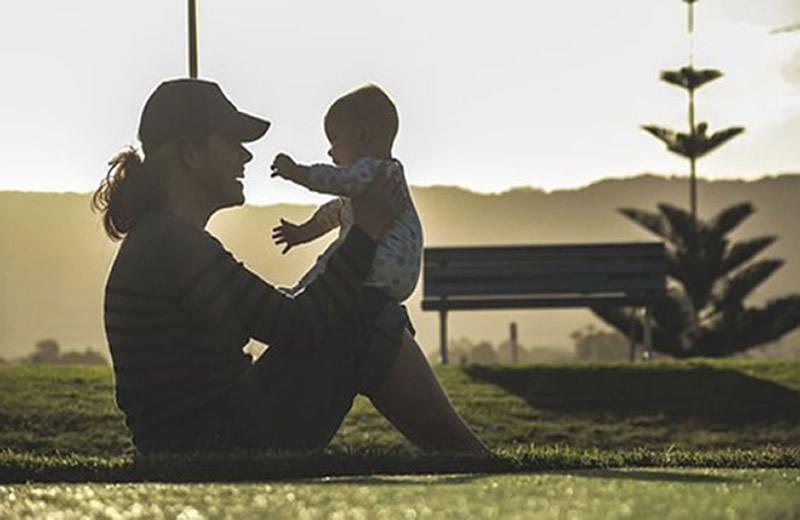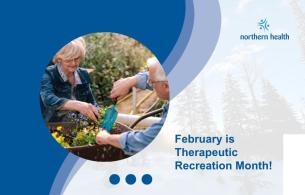This blog was co-authored by Amy Da Costa (Regional Nursing Lead, Injury Prevention) and Stacie Weich (Regional Program Lead, Mental Wellness and Prevention of Substance Harms)
Fall is a time of transition and reflection. September and October in particular offer opportunities to reflect on healthy beginnings, with Fetal Alcohol Spectrum Disorder (FASD) awareness day taking place today on September 9th and Breastfeeding Week coming up in early October.
Years ago, I worked with a group to organize a “community baby shower” for FASD awareness day. The group decided on the slogan, “Support our ladies, protect our babies: Alcohol-free pregnancy”. Their words emphasize that individuals, families, and communities all have the opportunity and power to contribute to FASD prevention and to support healthy pregnancies more generally.
Health occurs in communities, in the contexts in which people find themselves. How can these contexts become even more supportive of health? What can communities do to help to prevent FASD? I asked a few of my colleagues in Population Health to share their thoughts on this matter:
Let’s build understanding, address myths, and provide clear information:
- “FASD crosses all cultural, ethnic, socio-economic, and educational boundaries.”
- “50% of pregnancies are unplanned. Women may use alcohol before they know they are pregnant.”
- “In any community where there is pregnancy and where there is alcohol consumption, there is a risk of FASD.”
Let’s create safe spaces and strong support networks:
- “How can our neighbourhood host welcoming spaces and social events where alcohol and other substances are not present?”
- “How can our community foster social groups for expectant mothers?
- “How can we remove barriers for community members to access food, shelter, and supports for mental and emotional health?”
Let’s talk … and listen:
- “Let’s assume that all women are doing the best they can today to care for themselves and their growing babies. By setting the stage for open, honest, and judgement-free conversations, we can truly understand what women need from us as partners, friends, communities, and health workers.”
- “How can we choose language that supports wellness and decreases stigma around FASD? For examples, see Language guide: Promoting dignity for those impacted by FASD.”
- “How do we open the door to important conversations?”
There’s certainly a lot to think about here! Even a small change can have a big impact. What is one step that our community could take to help prevent FASD?
Learn more about FASD:
- Alcohol and Pregnancy (Healthy Families BC)
- FASD Society for BC














Comments